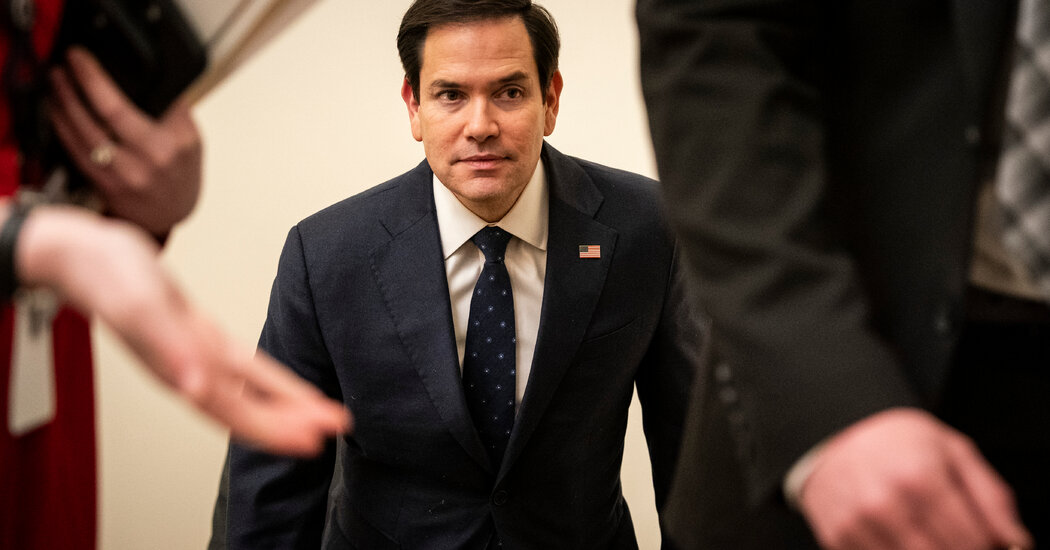Federal Judge Blocks Deportation of Venezuelans Under Alien Enemies Act
A recent ruling by a federal judge in Washington, D.C., has halted the Trump administration’s use of the Alien Enemies Act of 1798 to deport Venezuelans without due hearings. The judge ordered that any flights carrying Venezuelan immigrants that had already departed the country be redirected back to the United States.
Judicial Intervention Following Executive Order
On the same day, the Trump administration issued an executive order invoking this obscure wartime law as part of a strategy to target members of the Tren de Aragua gang within the U.S. However, shortly after the announcement, Judge James E. Boasberg intervened, issuing a temporary restraining order against the deportations.
Court Proceedings and Immediate Effects
During a hastily convened hearing, Judge Boasberg expressed skepticism regarding the legal basis for the president’s actions. He emphasized the urgent need for compliance with his ruling, instructing government officials to ensure the immediate return of flights with Venezuelan immigrants. According to Lee Gelernt, an attorney for the American Civil Liberties Union (ACLU), at least two flights were en route at the time of the ruling.
Government’s Response and Appeal
Representatives from the government acknowledged a lack of detailed information regarding the operations due to potential national security concerns. Following the hearing, the administration filed an appeal against the judge’s order. In a statement, Attorney General Pam Bondi criticized the ruling, claiming it prioritized the interests of alleged criminals over national safety.
Background on the Alien Enemies Act
The Alien Enemies Act permits the deportation of individuals from countries at war with the United States. Historically, it has been used sparsely, most notably during World War II, when it justified the internment of Japanese Americans. Legal experts note that its invocation against Venezuelans—against whom the U.S. is not currently at war—raises significant legal questions.
Legal Challenges and Broader Implications
Shortly before the executive order was announced, the ACLU had initiated a lawsuit on behalf of five Venezuelan men allegedly associated with the Tren de Aragua gang, all of whom denied the claims against them. The judge initially limited his ruling to these five individuals but later indicated a willingness to expand the order to all noncitizens at risk of deportation under the Alien Enemies Act.
Expert Opinions on the Ruling
Legal scholars, like Noah Feldman from Harvard Law School, suggest that the case could ultimately reach the Supreme Court, revolving around how much deference judges should give to presidential declarations of national threats. The case notably highlights the tension between executive power and individual rights during immigration enforcement.
Previous Stances on Immigration
President Trump has made stern immigration enforcement a cornerstone of his administration, referring to unauthorized immigration as an “invasion.” His executive orders have consistently aimed to bolster border security and facilitate mass deportations.
Conclusion
The recent court decision poses significant challenges to the administration’s plans and underscores the ongoing legal battles over immigration policies. This particular instance may serve as a critical test for the executive’s powers concerning immigration enforcement amidst an absence of active conflict.

